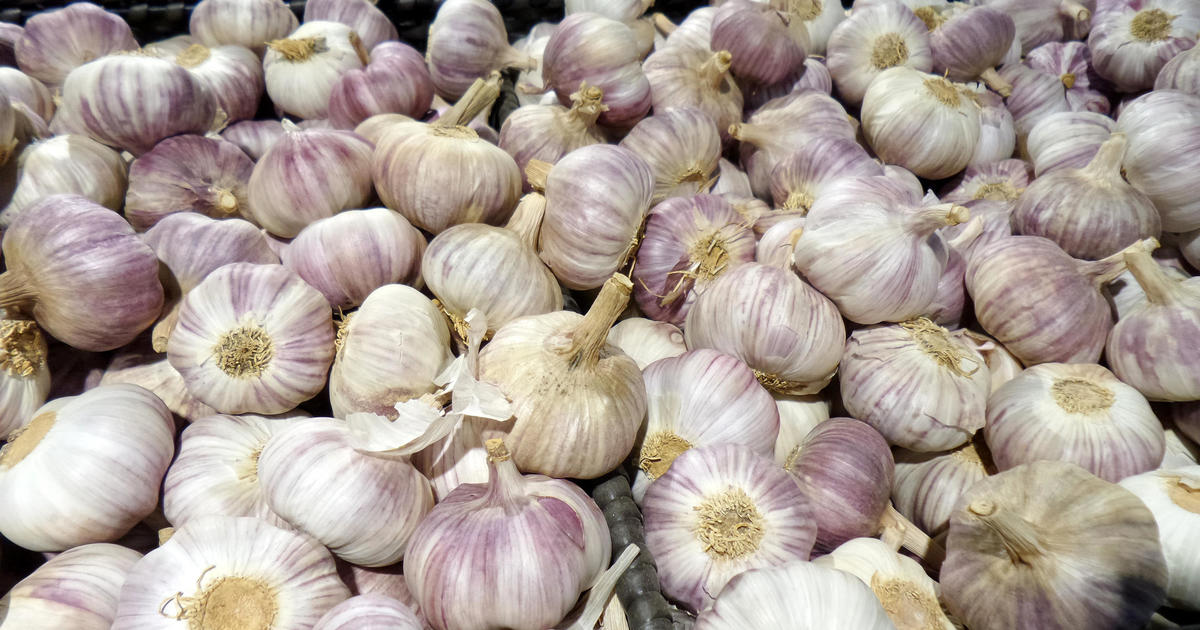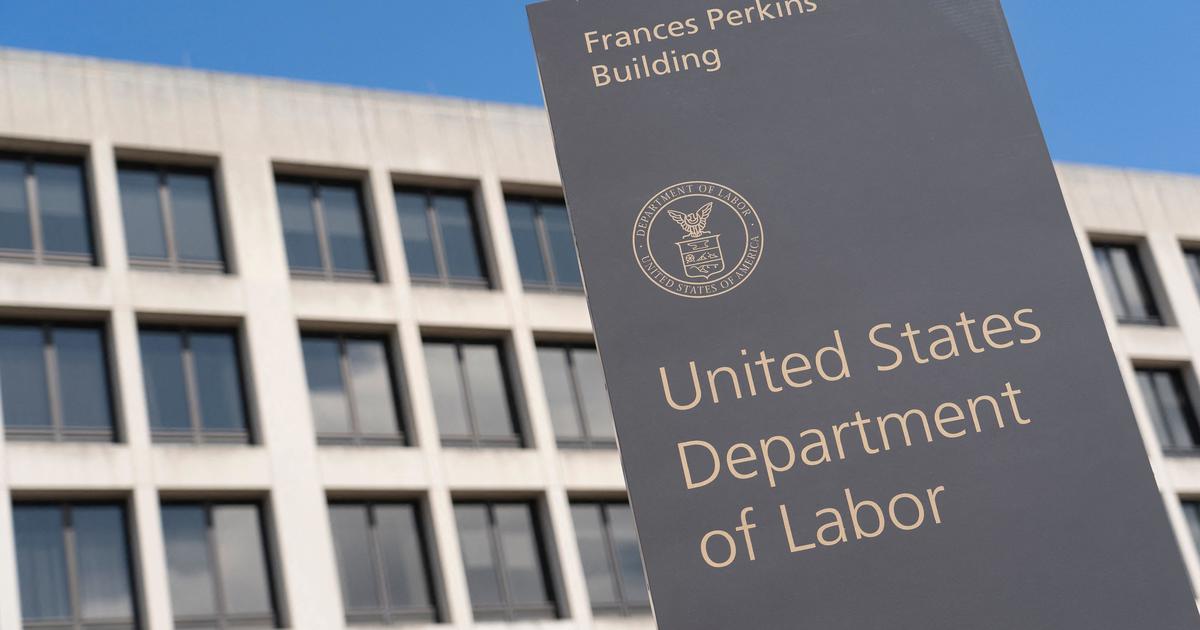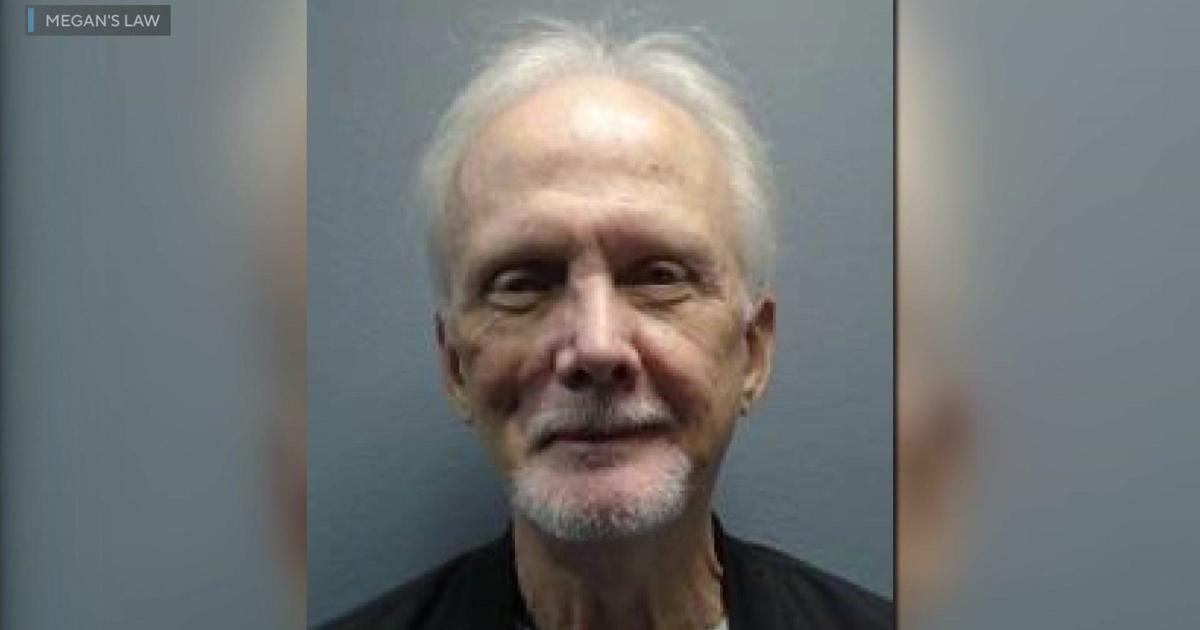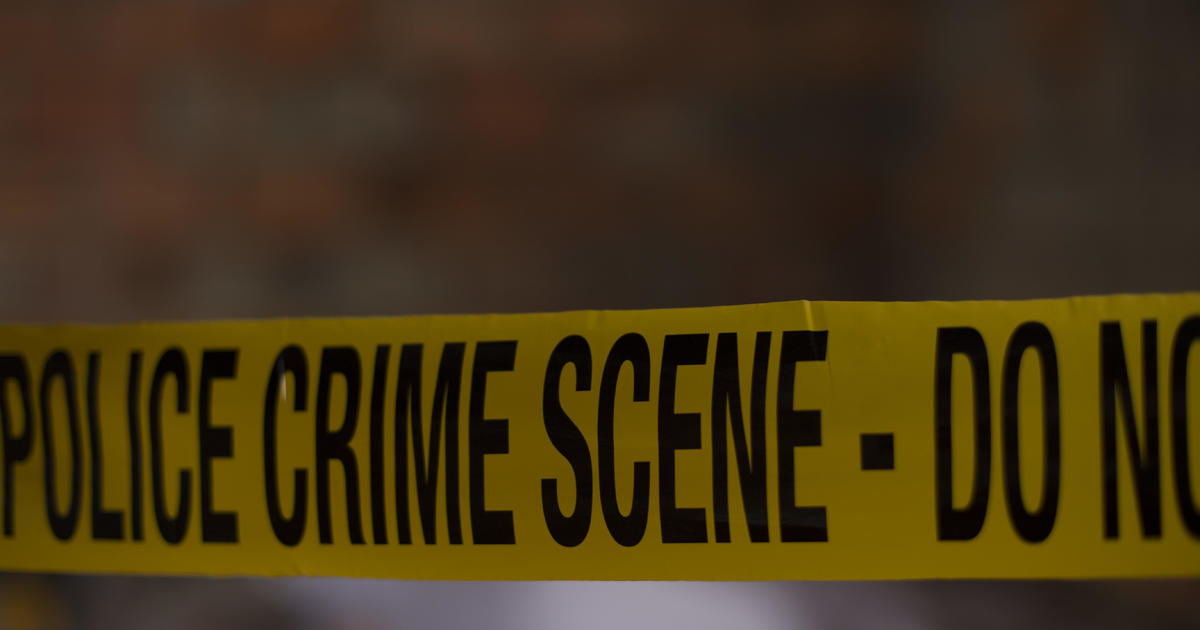COVID Vaccine Questions Answered: Can You Still Catch Virus After First Dose?
(CBS Boston) -- Two COVID-19 vaccines are now available to certain segments of the American public. One was released by Pfizer, and the other by Moderna. Both require two doses, separated by three to four weeks, and both are ultimately about 95 percent effective.
Initially the Federal government told states that only healthcare workers and nursing home residents should be eligible to be vaccinated. But, as of this past Tuesday, anyone at least 65 years old or at least 16 years old, with a preexisting condition, have been added to the list. Individual states ultimately make their own decision, and some states are starting to include teachers and first responders as well.
The initial rollout has moved more slowly than everyone has hoped for. The U.S. Centers for Disease Control and Prevention says that 25 million doses had been shipped to hospitals and pharmacies as of this past Monday. However, not even nine million of those doses have been administered.
Scheduling issues at the state level are also partially to blame for the pace of inoculations. Another possible obstacle going forward is public trust in the new vaccines. According to a nationwide survey conducted by the University of South Florida, 33 percent of respondents said that they are either "not very confident" or "not at all confident" that the recently approved vaccines are safe. In addition, 23 percent said they will "probably not" or "definitely not get vaccinated."
The accelerated rollout brings with it many questions. CBS Local has put reader and viewer questions to our experts: Dr. Mallika Marshall and Dr. Max Gomez. Mallika Marshall, MD, is an Emmy-award winning journalist and physician who serves as the regular Health Reporter at WBZ-TV in Boston. Dr. Max Gomez is a medical reporter for WCBS-TV in New York.
While both Marshall and Gomez are offering their best advice, consult your personal doctor before making any decisions about your personal health.
If someone has had reactions to flu vaccines in the past, is it safe to get a COVID vaccine?
Marshall: Yes. If you have had serious reactions to other vaccines, you can still get the coronavirus vaccine, but you will be monitored for a longer period of time after receiving it. Generally, 30 minutes rather than the standard 15 minutes.
Can you still get COVID after the first vaccine dose?
Gomez: The short answer is yes, but not as often or as easily as before that first dose. The Pfizer clinical trials suggested about 50% protection after the first dose. A new Israeli study finds a drop in new cases after the first dose. That's something, but not perfect, and it takes a few weeks after that first shot develop much immunity.
So yes, you can still get COVID until you've had both doses, so you must keep wearing a mask.
There is one bit of good news in all this. The CDC says that flu activity remains lower than usual for this time of year. That's probably due to people wearing masks, social distancing and washing their hands often. So keep it up – we don't want a twindemic.
Every time they show someone getting the coronavirus vaccine, I am amazed how long the needle looks. Is it longer than most needles for other shots?
Marshall: The vaccine needs to be deposited into the deltoid muscle of the upper arm so a 1 – 1 ½" needle is used depending on the size of the patient. This is the same recommended needle length for the flu vaccine.
What's in the vaccine?
Gomez: One viewer is very allergic to penicillin. While there have been a tiny number of allergic reactions to the Pfizer vaccine, there is nothing resembling penicillin in either vaccine Both the Pfizer and Moderna vaccines use a similar, brand-new technology to induce immunity, so people rightly want to know what's in them.
Surprisingly little. There are tiny snippets of what's called messenger or mRNA. That's the genetic blueprint the virus uses to make the spike protein that helps corona infect cells and will stimulate your immunity. But there is no coronavirus in the vaccine.
The other component is tiny oily nanoparticles that surround and protect the mRNA, which otherwise would break down very quickly in the body. That's it. No preservatives or anything else until they're mixed with sterile saline right before being injected.
The government is now releasing all of the shots – not holding back anymore for round 2. If you get your first dose – but for some reason, you can't get your second – what happens then? Do you have to wait a period of time before getting another round 1?
Marshall: The studies with the Pfizer and Moderna vaccines looked at giving the second dose 3-4 weeks after the first, so we don't really know how the effectiveness might change if you wait much longer than that. The WHO says you shouldn't wait more than six weeks between doses, but the CDC says if there is a delay, there is no need to repeat the first dose. And there are other vaccines in the pipeline which could be approved in the next few months which only require one shot.
What if you had COVID and didn't know it and now you have antibodies? Should I still get the vaccine and is it safe?
Gomez: If you had a mild or asymptomatic COVID case, then you will likely have developed antibodies to the coronavirus. That should protect you for a while, experts say. Don't count on more than 90 days, though. So you don't need a shot right away, but you still need one.
The CDC says it is safe to get a vaccine if you have antibodies, so an antibody test, or a COVID virus test for that matter, isn't needed before a vaccine.
However, if you have COVID symptoms, the CDC says wait until all your symptoms are gone before getting a shot.
Can you mix and match vaccines? One shot from Moderna and the second from Pfizer, or vice versa?
Gomez: Unfortunately, the answer is we don't really know, because those combinations have never been tested – at least not yet.
In theory, mixing and matching the two vaccines could work because they contain the same coronavirus genetic sequence to stimulate immunity. The only difference between the Moderna and Pfizer shots is the tiny lipid nanoparticle that surrounds the fragile mRNA gene.
But right now, with vaccine in short supply, it's unlikely that anyone will be able to get one of each vaccine. Just get whichever you can because the site that gives you your first dose should prioritize you for your booster second dose.
When my family is all vaccinated, will we be able to be with each other without masks, and will it be safe to be with our small grandchildren?
Marshall: We still don't know whether getting fully vaccinated will prevent you from getting infected and passing the virus on to someone else. We'll have a better idea in the next few months. In the meantime, even if you get vaccinated, you should keep physical distance and wear masks when you're around others who have not been vaccinated.



